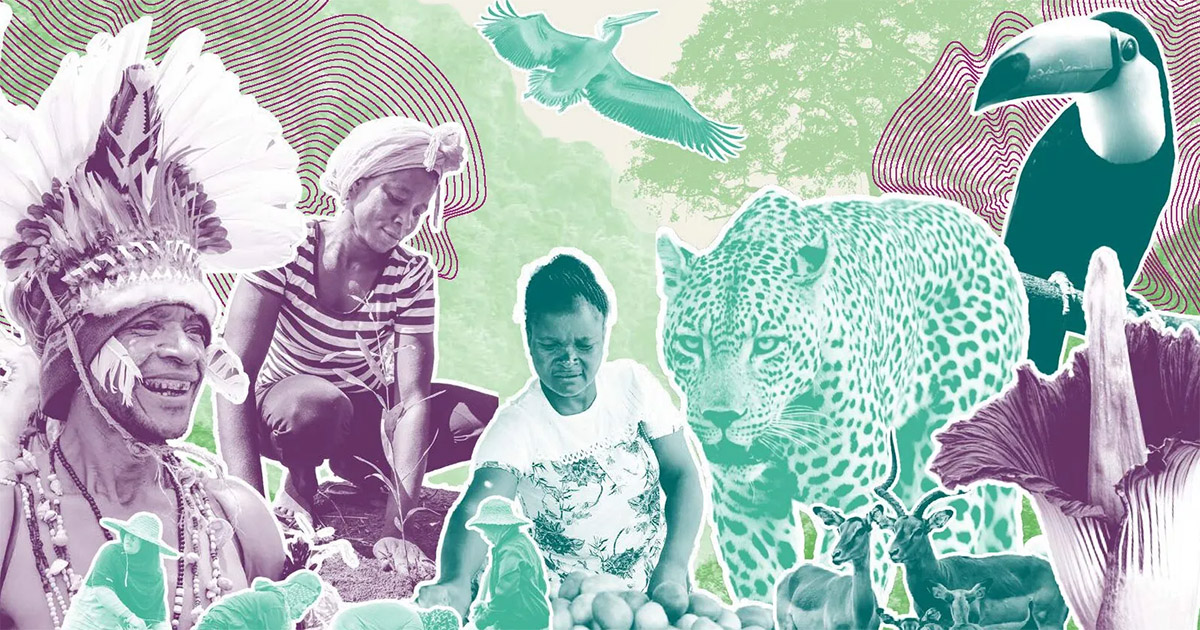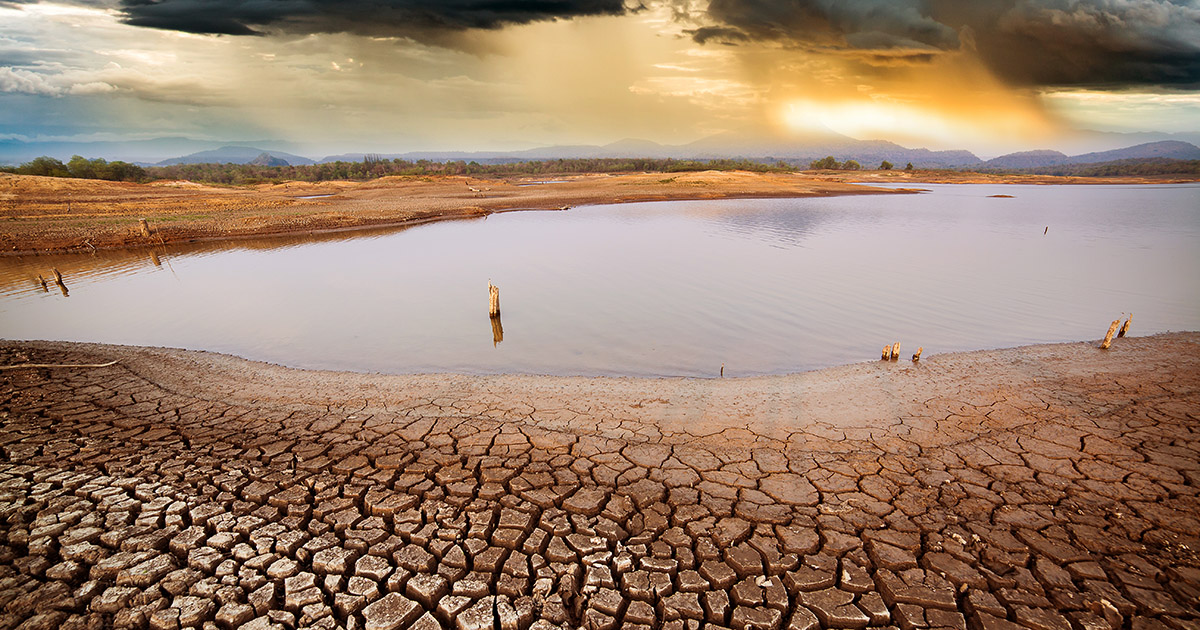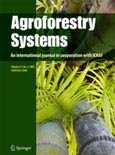Cashew cultivation is a vital economic driver for smallholder farmers in northern Côte d'Ivoire, contributing to improved livelihoods. However, the widespread adoption of monoculture cropping has raised environmental concerns, particularly regarding ecosystem degradation, soil depletion, and the long-term sustainability of cashew production. To mitigate climate risks and ensure the resilience of cashew orchards, crop diversification presents a viable alternative to monoculture cultivation. This study aimed to develop evidence-based diversification strategies for cashew farming in northern Côte d’Ivoire. Findings indicate that cashew plantation ownership is predominantly male, with men representing 90.3% of the sector. Plantation ages range from 6.2 to 21.7 years. Some farmers incorporate annual crops—such as maize (Zea mays), groundnuts (Arachis hypogaea), and yams (Dioscorea alata)—within their cashew plantations. Additionally, tree species like Vitellaria paradoxa (Shea, 51.9%), Parkia biglobosa (Néré, 45.7%), and Mangifera indica (Mango, 34.1%) are retained in orchards for their socio-ecological benefits, including income generation, food security, and medicinal uses. Through farmer interviews and field studies, the research identified 40 plant species integrated into cashew orchards, with nine species preferred by farmers, particularly V. paradoxa and P. biglobosa. The study outlines key strategies for diversifying cashew cropping systems: (i) developing mixed cashew/food crop systems (e.g., maize and yam) using good agricultural practices, (ii) promoting parkland-based cashew agroforestry systems featuring V. paradoxa, P. biglobosa, and M. indica as intercrops, and (iii) creating a conducive environment to facilitate the agroecological transition within the cashew sector. These approaches aim to enhance sustainability while ensuring continued productivity and resilience in cashew farming.
DOI:
https://doi.org/10.1007/s10457-025-01154-3
Dimensiones Recuento de citas:

Año de publicación
2025
Autores
Kpangui, K.B.; Tondoh, E.J.; Amani, K.; Kouassi, K.G.; Kouassi, O.; Diby, L.N.; Kouamé, C.
Palabras clave
agricultural diversification, agricultural ecosystem, agricultural practice, agroforestry, biodiversity, climate change, cropping practice, deciduous tree, maize, monoculture, nuts, orchards
Geográfico
Côte d'Ivoire


















